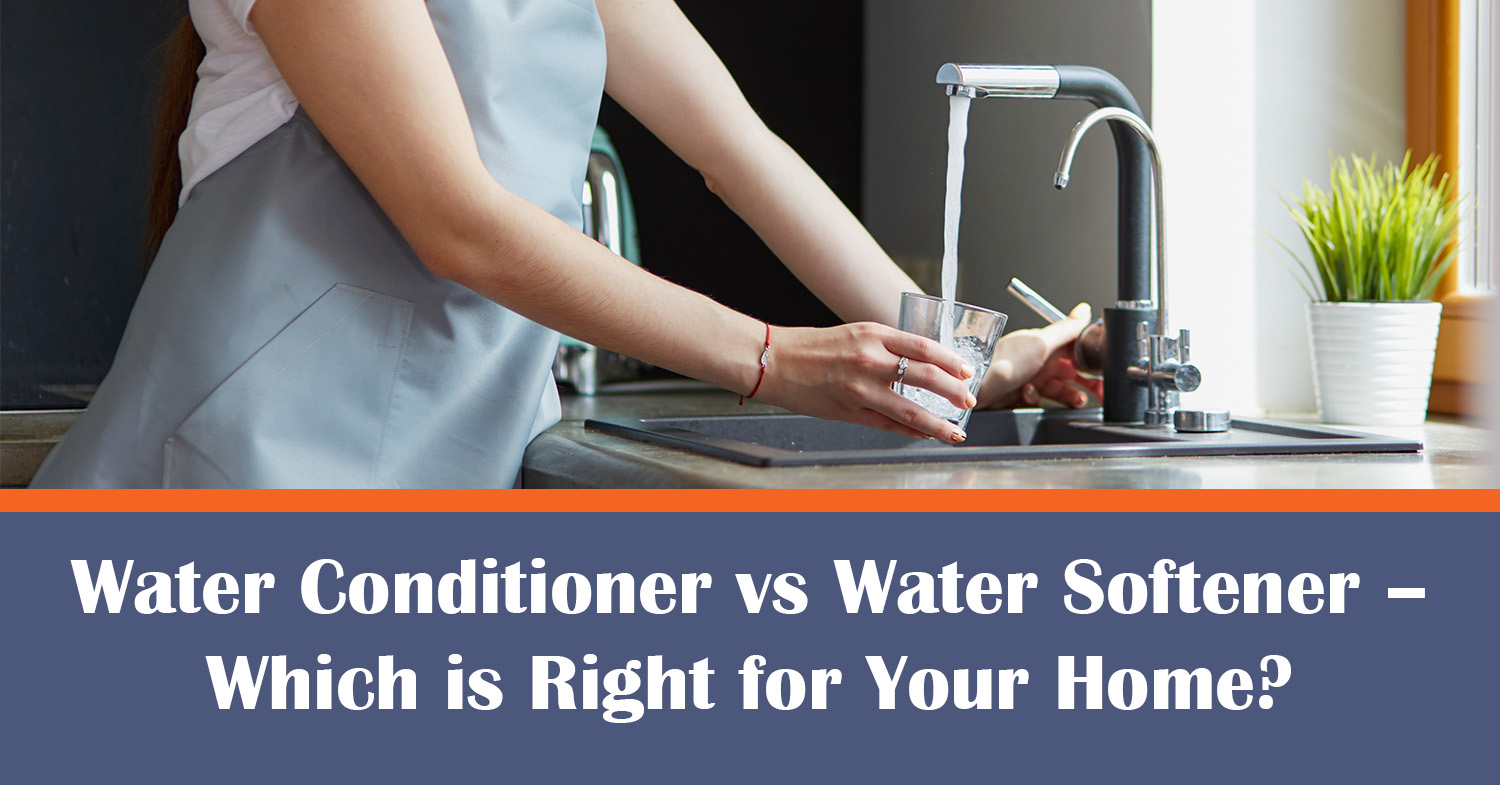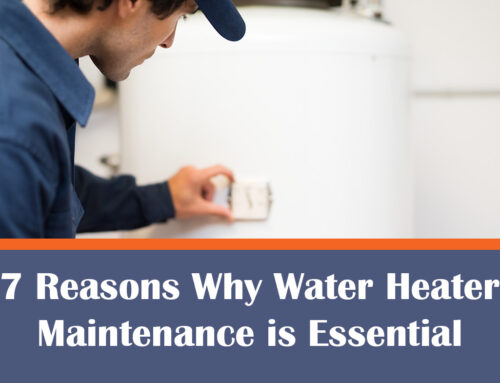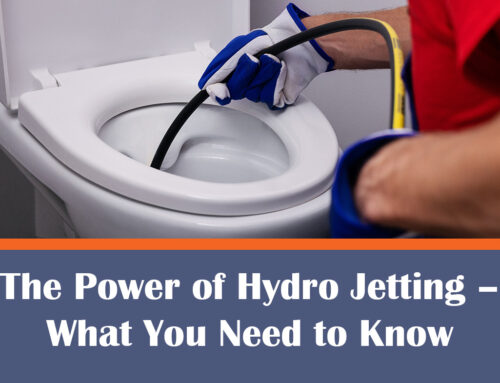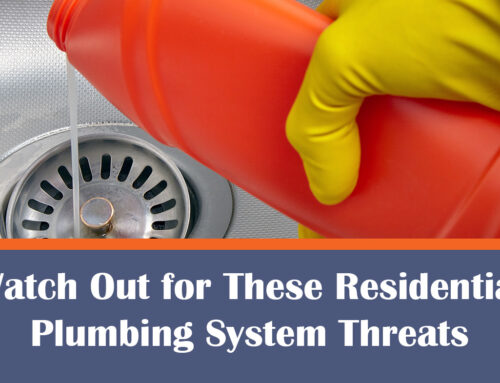Do you want to treat your water, but you’re not sure if a water conditioner or water softener is right for your home? Let’s go over the differences between each and which one is better suited for your needs.
What is a Water Conditioner?
A water conditioner is a water filter that helps to improve the quality of water in your home. The system doesn’t remove the hard minerals that make water hard but rather changes the composition of water. While it doesn’t remove hard minerals, it does help improve water quality by eliminating chemical impurities, like chlorine and volatile organic compounds, from the water.
There are various types of water conditioners; a couple of examples include template-assisted crystallization and electromagnetic. Depending on what you want your system to do, you can choose the type to fit your needs.
For a quick summary, water conditioners will:
- Change the chemistry of your hard water for a period of time.
- Minimally reduce scale build-up in plumbing for a certain amount of time.
- Removes additional chemicals, like chlorine, from water.
What is a Water Softener?
A water softener, on the other hand, is a water filtration system that uses ionic exchange to remove hard minerals of calcium and magnesium from the water. The hard water passes through a bed of softening resin, and as it does, hardness materials stick to the resin and are replaced with sodium. At the end of this process, you’ll be left with mineral-free water that will not scale your pipes and fixtures and is healthy for you to drink.
If you live in Arizona, you know that our water is hard, and the effects of it can be everywhere. It can produce scale on your fixtures, in your appliances, and in your pipes. It can also cause dry skin and hair, dull clothes, and leave spots on your dishes. With a water softener removing all the hard minerals from your water, you won’t deal with any of these issues ever again. In fact, over time, it can even reduce the mineral build-up in your pipes that was left before installing your system.
For a quick summary, water softeners will:
- Remove calcium and magnesium (hardness particles) from your water supply.
- Reduce/eliminate scale build-up in appliances and pipes.
- Reduce soap and detergent usage.
- Reduce dry skin and hair after washing.
How Do They Compare?
While both systems are used to improve the quality of your water, they are significantly different. To understand which system is right for you, compare your needs to the criteria below.
Contaminants Added
Water conditioners do not add outside elements to your water; they only change the structure of minerals already found in the water. Water softeners, though, remove calcium and magnesium by replacing these minerals with sodium. If you are on a low-sodium diet or have high blood pressure, it might be best to avoid installing a water softener in your home.
Contaminants Removed
Water softeners physically remove hardening minerals from water. Water conditioners simply alter the chemistry of these minerals, but do remove contaminants that can cause a foul taste and odor in water. If you’re wanting to eliminate hard water from your life completely, a water softener is the way to go.
Running Costs and Maintenance
When deciding which system is right for your home, it’s important to consider the running costs and maintenance to keep your system running smoothly.
Water conditioners are the cheapest to run because they rely on water pressure alone to function. The system doesn’t use electricity and doesn’t produce wastewater either. Maintenance is also easy – you only have to change the filters annually, or sooner if you exceed the recommended volume.
Water softeners are responsible for producing the ion exchange in water, and to do this, they require electricity. The system also uses salt in the process, which means you’ll have to replace cartridges regularly. They can be a bit more expensive to run and maintain compared to a water conditioning system, but you’ll also be saving money on detergents, soaps, and water used for other activities (as you won’t need more water to feel/keep things clean).
So – Which is Better for Your Home?
If you’re deciding between the two systems, it can be hard to choose, as what you need may be different from what someone else needs. If you’re looking for tastier water, a water conditioner would be better. But if you’re looking for a permanent way to rid your home of hard water, a water softener will be your new best friend.
What we can tell you with certainty, though – you can’t bypass this decision and get both installed in your home. Water conditioners alter the form of hard minerals. This change in form renders water softeners useless, as they cannot work with hardness particles if they’re altered. If you try to flip it and use a water conditioner after a water softener, it will still be redundant. Water softeners remove the hardness particles from water altogether, leaving a water conditioner with nothing to do. If you’re going to get a water treatment system, you’re going to have to pick just one.
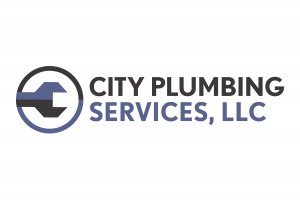
Let us help you install your water softening or water conditioning system.
City Plumbing Services is Here for You
Whether you’re wanting to install a water conditioner or a water softener, City Plumbing Services is ready to lend you a hand. We are always here to help our Arizona neighbors! We also provide residential plumbing services and drain cleanings and will answer all your questions. We’re located in Cave Creek but are ready to help those in Phoenix, Paradise Valley, Chandler, Surprise, and most of the East Valley of Arizona.

